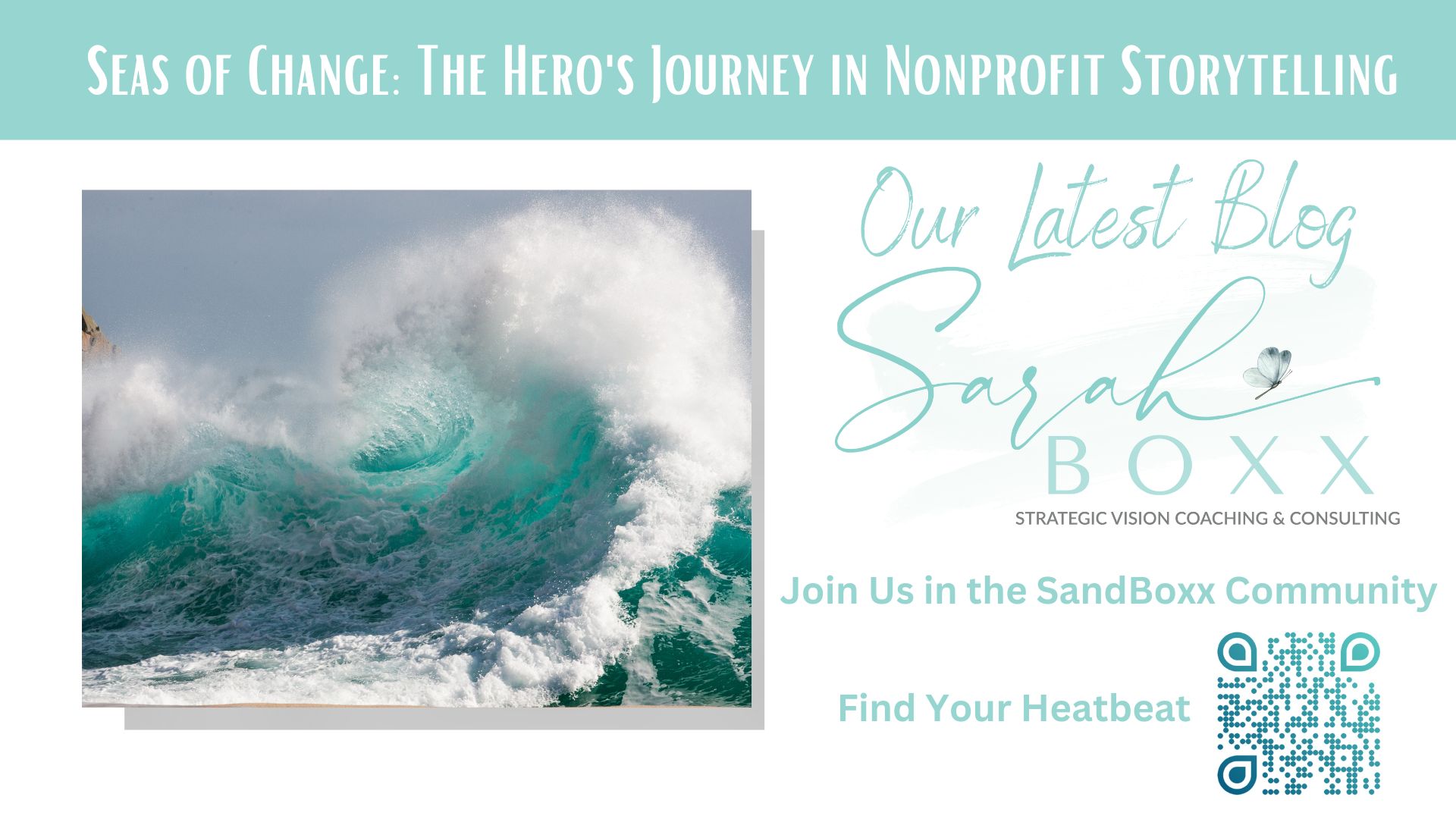Love. It’s one of the most basic and universal human desires.
This probably doesn’t come as much of a surprise to you.
From the earliest of ages, our choices, thoughts, and behavior patterns are so often influenced (or even driven) by a desire to love and be loved by others.
According to Raj Raghunathen, Ph.D, “the need to love is hardwired and universal and is also a powerful determinant of happiness.”
Think about that for a moment…
Love isn’t just an abstract, mushy concept reserved for the Hallmark Channel or greeting card companies. It’s innate to the human condition.
We all need it. We all want it.
Although the desire for love is shared by all, the ways in which we receive love can vary greatly. In other words, the things that make me feel loved, valued, and desired may be different than the things that created those same feelings for you.
This concept has a name…LOVE LANGUAGES.
(I find this completely fascinating! I hope you do too!)
The term ”love languages” was originally coined by Dr. Gary Chapman, a marriage and family therapist who, through his years of clinical work and study, noticed some consistent themes emerging amongst his clients. In most cases and most relationships (excluding situations of true abuse) many relational struggles and issues could be attributed to one thing:
Although each partner loved the other, they did not feel loved in their relationship. Additionally, partners often felt that the love they did offer was not appreciated.
In essence, the two individuals did not know how to speak each other’s love languages.
Despite good intentions and great effort, they were missing the mark, leaving both individuals feeling frustrated, under-appreciated, or even resentful.
Talk about a recipe for relational struggles!
Although Dr. Chapman’s original body of work and research focused primarily on romantic partnerships, the concept of “Love Languages” has since been extended to relationships of all kinds.
So…what are the five love languages? I’m glad you asked!
- Words of Affirmation: Verbal (or written) expressions of love, appreciation, and praise.
- Quality Time: Meaningful time spent with a loved one.
- Physical Touch: Connection through physical contact (i.e hugs, handholding, back rub, etc.)
- Receiving Gifts: Tangible and sentimental tokens of love and appreciation.
- Acts of Service: Thoughtful acts made in an effort to make a loved one’s life easier or more enjoyable.
Of these five love languages, each of us has one or two that rise above the rest. These are the things that our friends and family do that make us feel truly valued, appreciated, and loved.
These are the actions we crave.
For me, quality time far outweighs the rest. Sure, if you get me a gift or offer to make me dinner, I’ll appreciate the gesture…but I’d take an hour of good conversation and good coffee over just about anything else you (or anyone) could do for me.
What is your primary love language? Do you notice a pattern in things that make you feel the most valued and appreciated? I’d love to hear! Drop a comment below or send me an email at sarah@sarahboxx.com and share your love language story!
RESOURCES:
https://www.psychologytoday.com/us/blog/sapient-nature/201401/the-need-love
The Five Love Languages by Dr. Gary Chapman
https://www.healthline.com/health/love-languages
Article was contributed by: Maria Lees, Team Writer with Sarah Boxx


